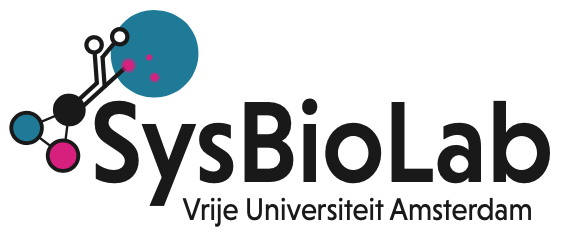Together with Ralf Steuer (Humboldt-University of Berlin, Germany) we recently wrote a review for Bioessays, see https://doi.org/10.1002/bies.202300015. It addresses how we currently view the consequences of finite biosynthetic resources (for protein expression) for cellular tasks such as stress tolerance, growth and adaptation to new conditions.
We focus on Escherichia coli and Saccharomyces cerevisiae. We acknowledge that the advanced understanding we have of their physiology may not be extrapolatable to microorganisms with a qualitatively different evolutionary history. We argue that these two microorganisms optimise the expression levels of needed metabolic enzymes, given that some fraction of biosynthetic resources is allocated to proteins needed to adapt to new conditions. That latter fraction of non-growth associated protein decreases with cellular growth rate (nutrient quality) and therefore makes fast growing E. coli and S. cerevisiae cells less stress tolerant and adaptive to new nutrients. This is an example of a trade off between growth and adaptation due to finite biosynthetic resources.
If you are interested in such ideas, how they emerge from computational models, and what their precise experimental evidence is then the review we wrote might be of interest to you.

Recent Comments